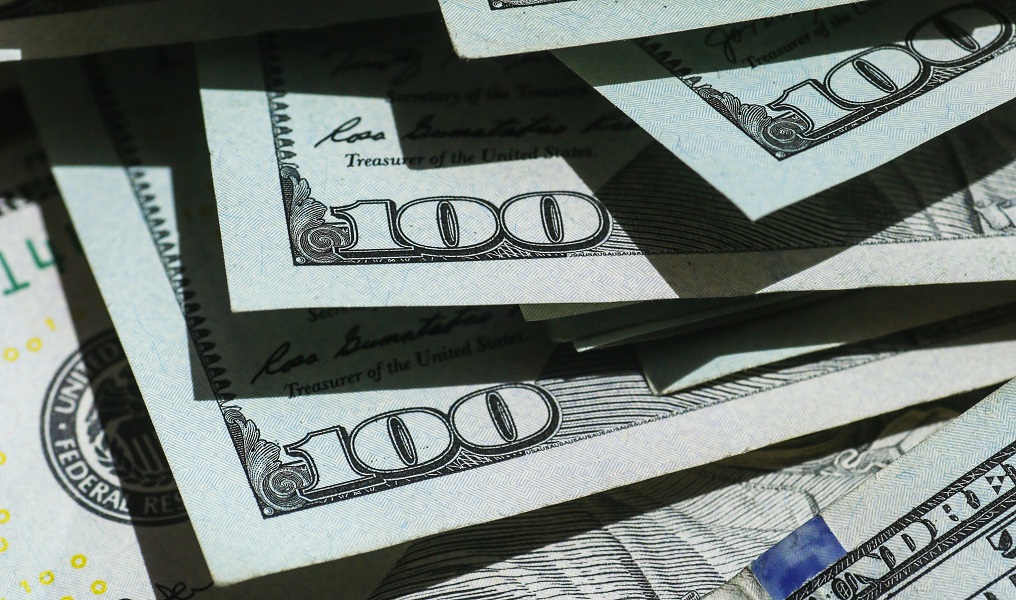The image above (no longer available), is the exercise of political speech by people trying to get the money out of speech. I don’t believe that is desirable, so naturally, I have some questions.
Who paid for the poster board, the stick, the staples, the markers, the smartphone he is (probably) using to tweet the event (political speech), and the cellular service that carries that speech, and so on?
More importantly, why do any of the people in this picture think that by giving the government the power to decide what constitutes a proper expense (for the purpose of exercising speech, and when and how it is acceptable to exercise it), that the same government will limit itself to the expenditures on speech they think need to be restricted?
Has it occurred to them that their ideological sugar daddies are those that stand to benefit most by what they seek, securing a monopoly on “speech” in the campaigns of politicians and political insiders?
Most “money isn’t speech,” finance reform activists never think these things through. Free association by individuals can result in the creation of corporations. The people as both individuals and organizations are subject to government force in the form of taxes and regulations. As such, they have a right to express as much interest in that relationship as anyone else.
They also do not seem to understand the real reason connected insiders (and progressive rubes) always fall for support the money isn’t speech argument.
If you regulate speech directed at campaigns or near elections, you don’t end the so-called corruption and influence of that money; you help to hide it. You take the outside money and turn it into inside money. Instead of spending money on political speech visible to all in an election, you shift that “influence” underground, outside the everyday scrutiny of the general public.
Any Congressional action that limits spending on speech during campaigns will naturally increase the number of lobbyists in DC needed and the amounts of cash available to ensure those positions are still heard. Not in dollar-for-dollar terms but do you see the point?
People, non-profits, NGO’s, corporations, cooperatives, unions, everyone who can afford it, will continue to try and influence legislators. Elected officials who have the power to exert force upon them as a person or some shared form of association, or–and this is critical–on their competitors, those in particular who cannot afford to send emissaries to the nation’s capital all year round to barter for their livelihood.
And you can’t separate money from speech, not even from a paper sign stapled to a stick because the government will never let you.
And for the record, and not just because it is the title of the article, the word free in Free Speech means you are free to advocate for or criticize the government, its policies, actions, officials, elected, hired, or appointed. Without regard to position or station or occupation. Without fear of retribution from the government because of that political speech.
You may do so by any means within your means. By pooling resources with others, printing and distributing thousands of pamphlets, buying airtime or a billboard, standing on a soapbox, creating an internet blog or podcast (with the potential to reach one or millions), or standing outdoors holding a stick with a piece of poster board stapled to it.
The freedom to pool resources (money, time, energy) to engage in speech for or against the use of force by the government means that all interests that are objects of that force are “people” with regard to protections afforded to that speech. This must include public and private associations, trade groups, unions, businesses, neighborhoods, towns, counties, states, groups of states, and yes – corporations.
If they are subject to taxes, regulations, or are in any way acted upon by the force of government, they are entitled to the same right to free expression or political speech, for or against the policies, actions, or individuals that make up that government, no more and no less than the idiot in the picture above with the stick and the poster-board paid for with money that cannot be separated from that speech, by somebody, for a political purpose.
